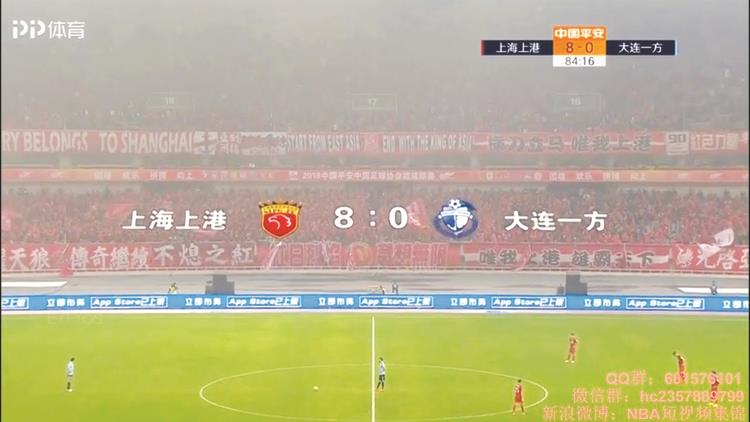Hwange seeks $500m for recapitalisation

Dumisani Nsingo Senior Business Reporter
HWANGE Colliery Company Limited (HCCL) needs $500 million to fully recapitalise its operations and working capital of $5 million per month to maintain its status as a going concern. Briefing members of the Parliamentary Portfolio Committee on Mines and Energy before a tour of the mine’s operations last week, HCCL managing director Engineer Thomas Makore said the company’s problems were largely due to lack of adequate capital injection for close to 35 years.
“Hwange Colliery is a mining company and mining requires a lot of working capital and equipment. The last major capitalisation was in 1983 when the dragline was commissioned. The dragline allowed us to achieve very high levels of production in the 1980s and 1990s,” he said.
Eng Makore said the company’s production started nose-diving in the late 90s after its dragline started underperforming and experiencing breakdowns largely due to its obsolete condition. The dragline is one of the company’s major mining equipment.
It has been down for about eight months and about $5 million is needed to repair it.
“The company needs to be re-capitalised in a major way and we need about $500 million and that money should come in as equity not as debt. The equipment is really obsolete right now. We have inadequate working capital, we need about $5 million a month of which $500 000 has to be in foreign currency so that we buy spare parts and production inputs such as explosives,” Eng Makore said.
He said the company was reeling under a legacy debt of $352 million, which has impacted negatively to its operations over the years.
“Our challenge is a legacy debt amount of $352 million as of January 2018 of which $70 million is in (outstanding salaries owed to) employees, $110 million statutory creditors, $54 million to banks $54 million and $180 million to trade creditors HCCL seeks $500m recapitalisation that give us goods and services to the company,” said Eng Makore.
He said the foreign currency shortages prevailing in the country had crippled the company’s operations and affected its revival strategies.
“The other challenge is unavailability of foreign currency required for the importation of spare parts and production inputs such as explosives. The foreign currency shortages have caused delays in the resuscitation of underground mining operations.
“Our underground mining operations stopped in 2015 and since last year we went on a programme to resuscitate it because we mine the most expensive coking coal from underground that’s the same coking coal we used to supply to Ziscosteel but we have suffered a major foreign currency delay as we speak. That foreign currency shortage also crippled our opencast operations where we mine our low value thermal and industrial coal,” said Eng Makore.
The company is also struggling to recover a debt of over $4 million accrued over two months for deliveries of coal to Hwange Power Station.
“Our biggest customer, Zimbabwe Power Company a subsidiary of Zesa (Holdings), which we supply over 50 percent of coal to them. . . . are owing us over $4 million and they have been owing this for over 60 days and that’s why we struggle to pay our monthly obligations and salaries,” said Eng Makore.
HCCL owes its employees about $70 million and has been paying its workforce 50 percent of their salaries since the beginning of last year and in June the company paid seven percent of the employees’ 36 months’ outstanding dues. Last year creditors of the company voted in favour of the Scheme of Arrangement, which is expected to be a stepping stone towards the settlement of its more that $350 million debt. As part of the contractual provisions of the scheme of arrangement, HCCL has to ensure partial monthly disbursement of outstanding wages to its employees.
However, an announcement by management that the company would only be in position to pay monthly 2,6 percent in accordance with the Scheme of Arrangement in June going forward as well as the ring fencing of the half salaries for the month of October, November and December, infuriated the workers, culminating in their wives engaging in a protest. The demonstration by the employees’ wives entered a month last week.










Comments